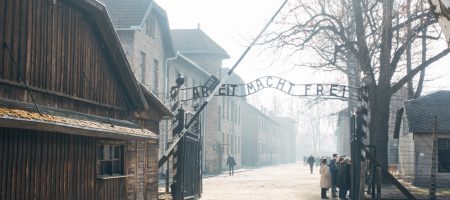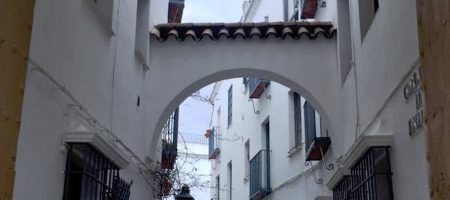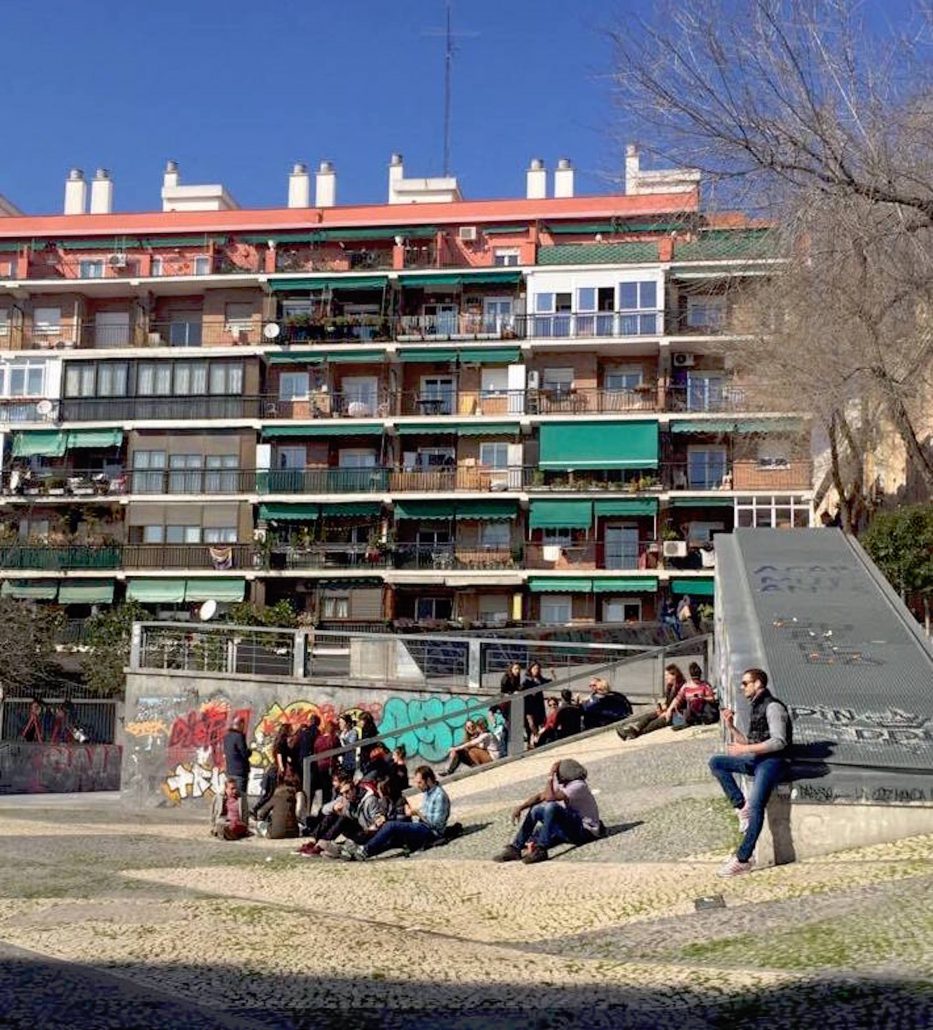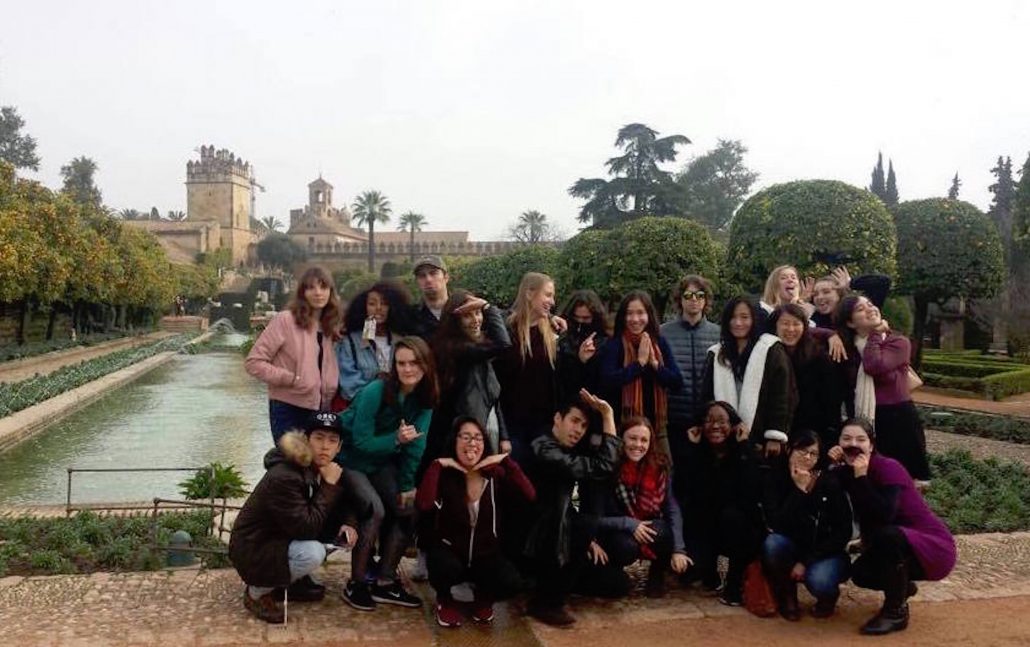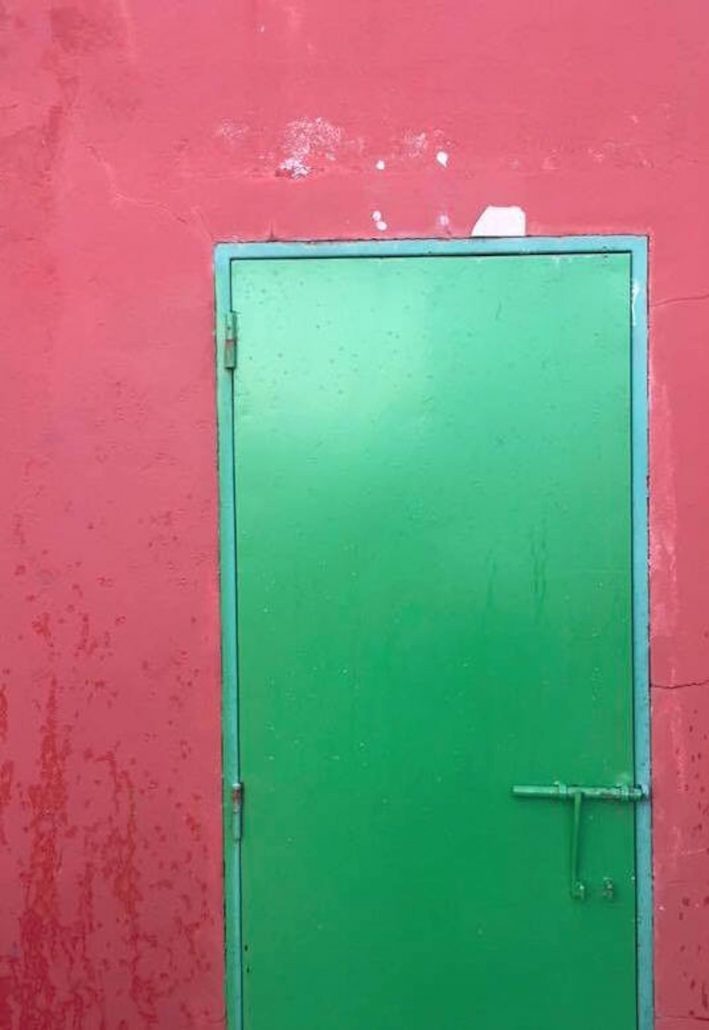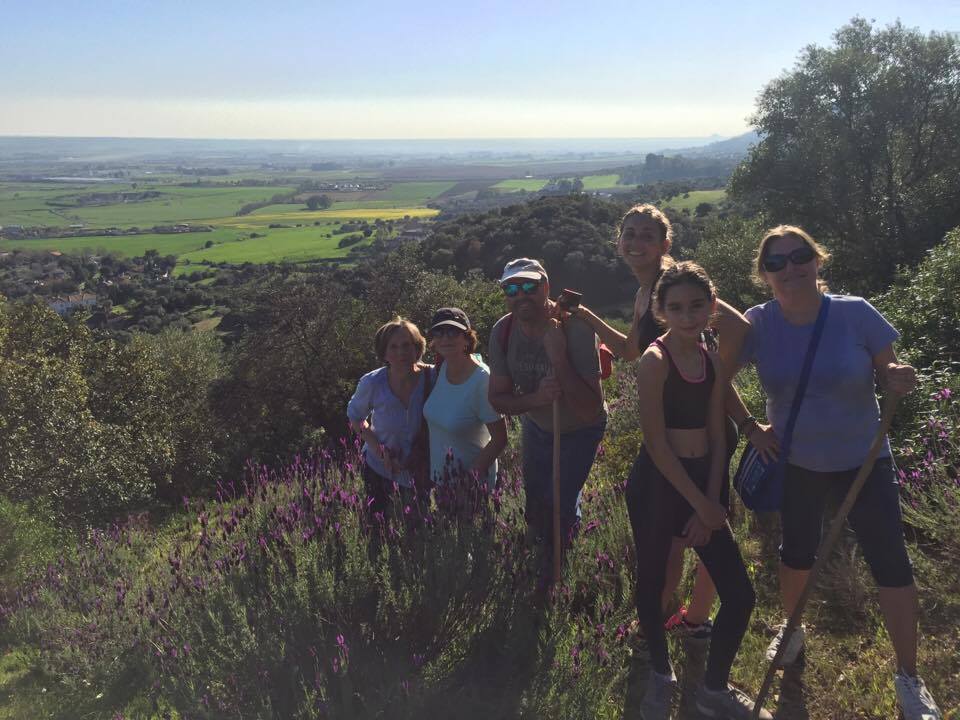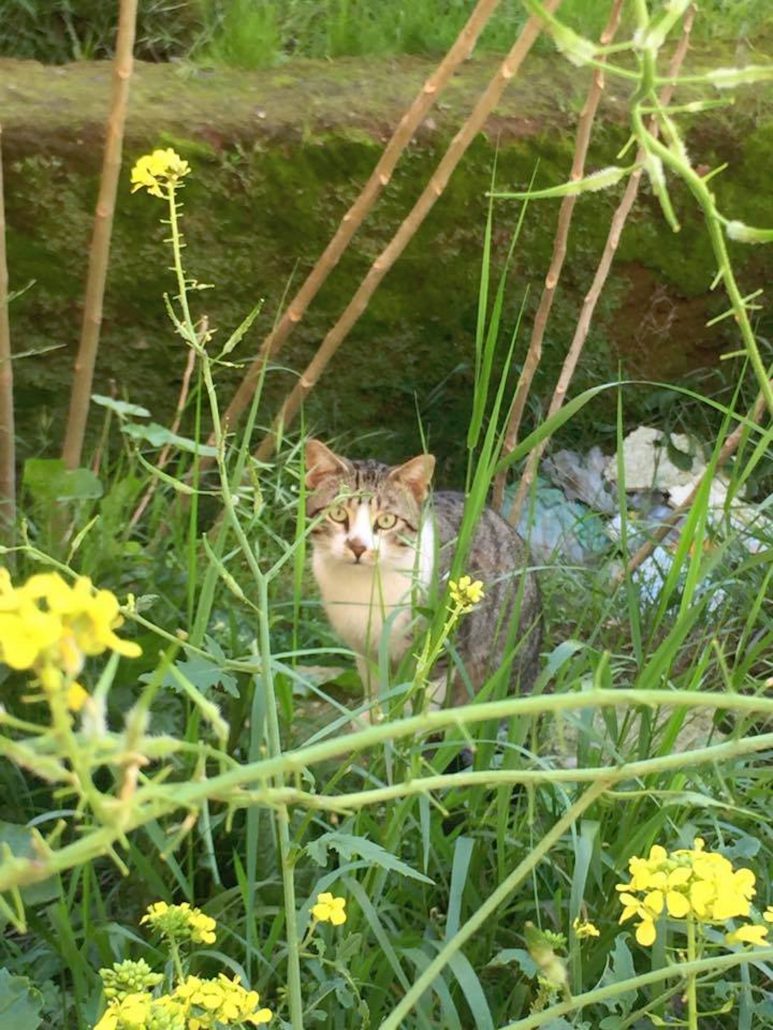France | An Idiot Abroad: From the Classroom to Real Life
BY BARRY YANG
KRAKOW
Throughout high school we all learned about the atrocities of World War II and the Holocaust. The heartless ways in which millions of people were slaughtered hold a salient place in my mind. However, it is not until I saw the grounds where these atrocities took place that I gained a deeper and more powerful understanding. The concentration camps of Auschwitz and Auschwitz-Birkenau were the biggest concentration camps created by the Nazi regime and responsible for more than one million deaths. It is one thing to look at pictures of these places in textbooks, but another completely to experience in person. The sadness, despair, and violence permeates from the dirt and brick floors. It is a solemn moment to stand among the trees that millions also stood just moments before they were herded off to the gas chambers and mindlessly murdered. One does not even need to have knowledge of the Holocaust to feel the distinct sadness present in these concentration camps. Seeing the exhibits and just imaging how life must have been like in these camps was enough to bring me, as well as many others, to silence and tears.
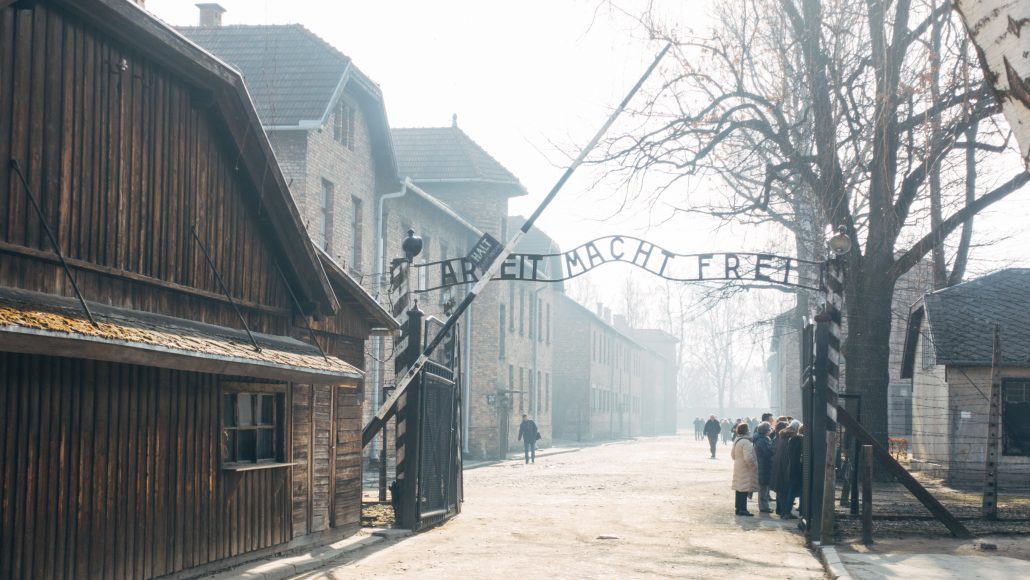
It is unfathomable how humanity could be so violent and heartless to itself. Auschwitz preserves this inhumanity and serves as a reminder and lesson for future generations to never repeat this part of humanity’s past. The blackhole of mankind, Auschwitz is an experience and lesson that has been the most poignant for me on this study abroad experience thus far. It would be incredibly regrettable for anyone participating in a European study abroad program to not visit these momentous grounds. You will be left in tears, and you will be left speechless. It will force you to contemplate the past and question the nature of humanity.
Visiting Auschwitz is not as expensive as one would expect once one is in Europe. A weekend in Krakow can easily be done for under $150 USD (this includes plane ticket, public transportation, housing, Auschwitz visit, and food). There are not many resources online that provide an easy to understand and direct guide to visiting Auschwitz on a mega- budget; below I will try to give some tips that my girlfriend and I learned from our experience.
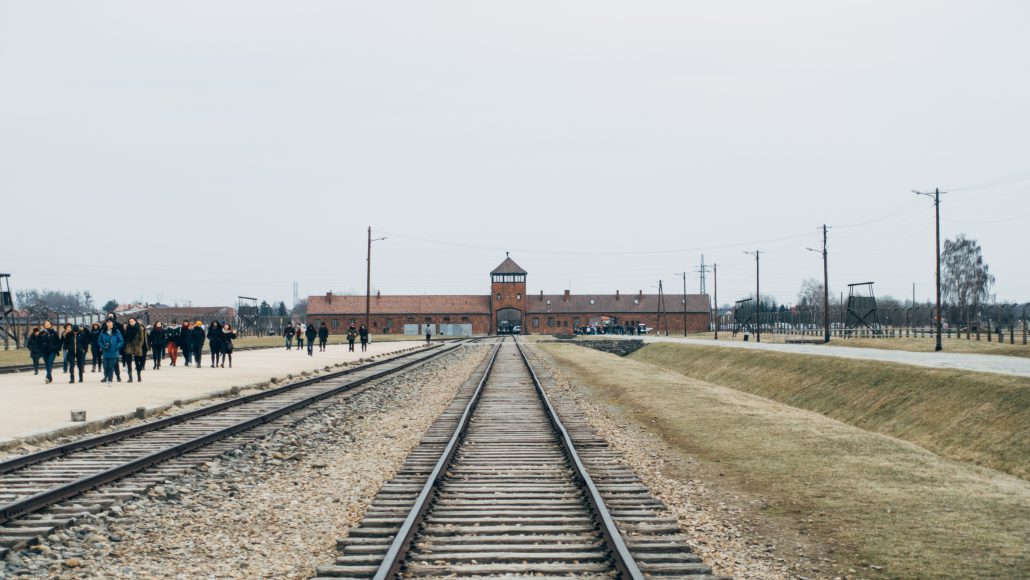
Flying into Krakow is relatively cheap through EasyJet. We spent about $80 USD (per person) for a roundtrip ticket departing from Lyon, France (this price could be less if you are flying out of a bigger city). A train ticket going directly from the airport to the city centre is about $3 USD and takes only 17 minutes. Once in Poland, find an ATM and pull out cash there. DO NOT let the ATM machine choose the conversion rate for you, simply delay the conversion and let your bank take care of it (there is an option for this on the screen). I saved about $10 dollars in fees letting my bank do the conversions rather than the ATM. Buying things in Poland really makes you proud to be an American. One US dollar is approximately four Polish Zlotys. To give you a sense of the dollar’s purchase power: 3 bottles of Polish beer costs $2.50 USD, a plate of very filling great Polish food costs $3-4 USD. We only ate at “Milkbars.” These are traditional Polish restaurants with communists roots that serve traditional food at very budget prices, catering to students and commoners.
In terms of lodging, there are hostels for as little as $5-7USD a night. My girlfriend opted for an Airbnb studio apt. that ran about $20USD/night. Krakow centre and the surround areas are not very big so it is very doable to get around by foot. Public transportation is really only needed going to and from the airport and Auschwitz.
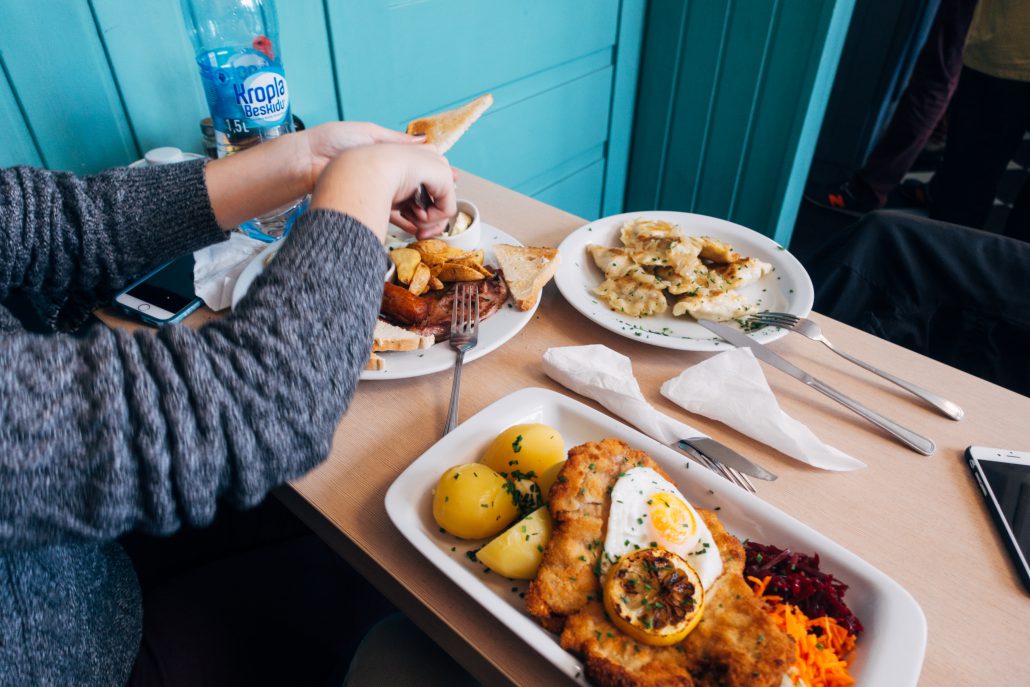
There are countless tour groups in Poland that offer transport and guide to Auschwitz. These typically run around $30 dollars per person. However, these tours are completely unnecessary as there is public transportation that drops you off directly at Auschwitz for around 4 USD (MDA transportation company). Entrance into Auschwitz and Auschwitz- Birkenau is also completely free if you do not want a guided tour. There is also a free shuttle that takes you from Auschwitz to Auschwitz-Berkenau and takes about 10 minutes. I felt that experiencing Auschwitz without a guide was a lot better. My girlfriend and I got to see everything we wanted and take as long as we needed. We also did not have to move around with a huge group of people. Auschwitz is one of those places that is better experienced on your own terms and independently. Too many people simply distract you from the essence of the sites and may honestly even piss you off. There were quite a few people talking very loudly, taking pictures when signage specifically marked no photos, and posing for selfies at very inappropriate locations. I personally felt these actions were incredibly disrespectful and was glad that I did not partake in a tour or else I might have actually hit someone.
It was an amazing experience to see what I learned in class in real life. There are not enough words or pictures that can fully encapsulate the Auschwitz and Krakow experience. It is something that one must do themselves to truly understand; everyone’s experience is different and unique. All in all, Krakow is beautiful little city with very friendly people, amazing cheap food, and a poignant history.
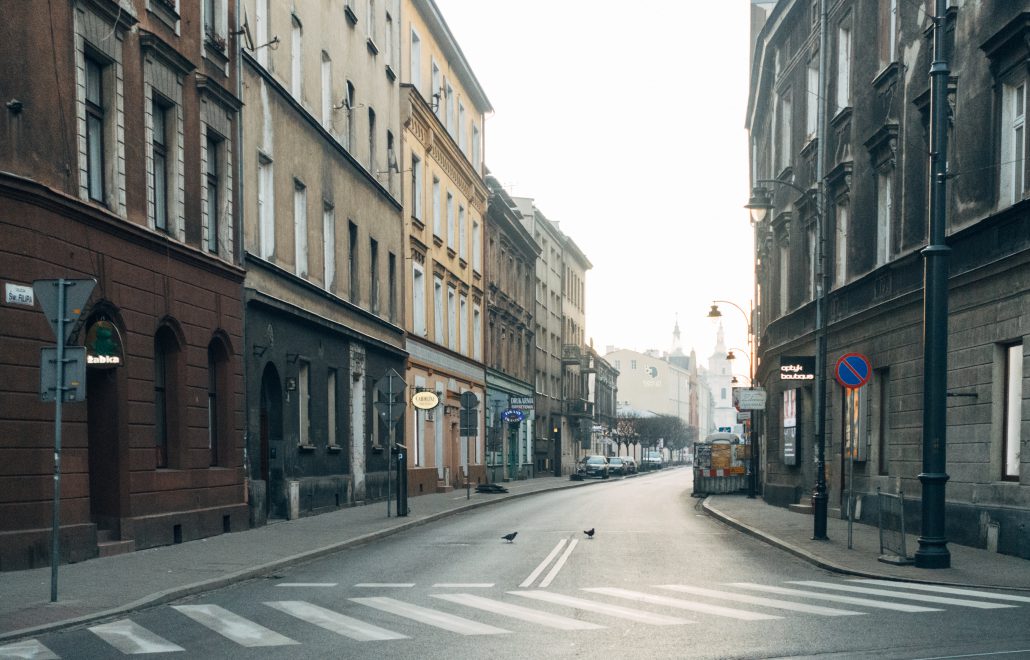
Barry Yang studied abroad in Lyon, France, in Spring 2017: http://eap.ucop.edu/OurPrograms/france/Pages/default.aspx


